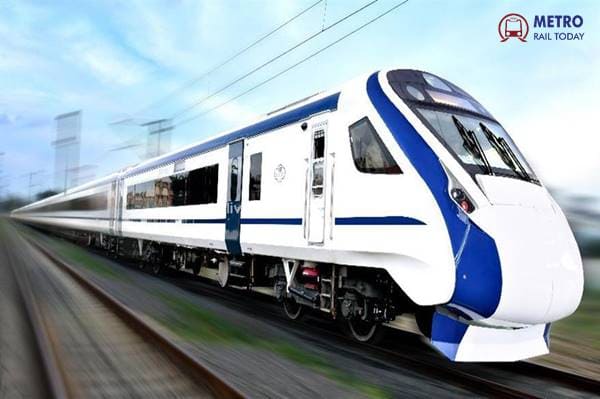 Trial runs of the first Vande Metro Train likely to commence in July this year
Trial runs of the first Vande Metro Train likely to commence in July this year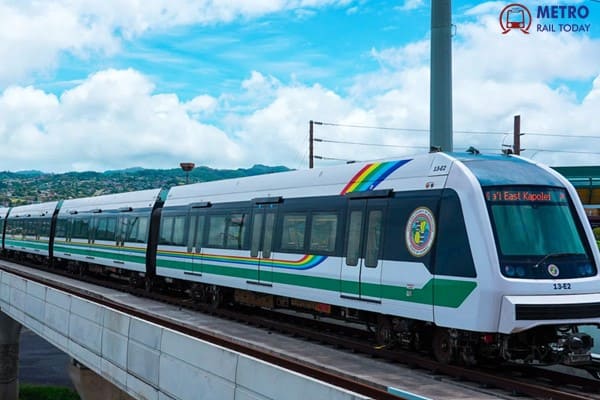 The Skyline Rail Project: Revolutionizing Rapid Transportation in Honolulu, Hawaii
The Skyline Rail Project: Revolutionizing Rapid Transportation in Honolulu, Hawaii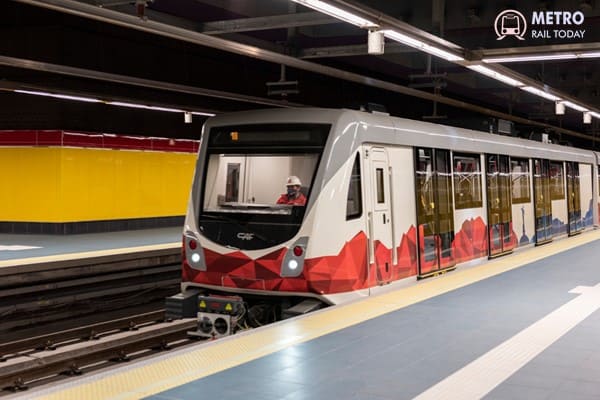 Tender floated for Prague Metro Trains and Automated Train Operation (ATO)
Tender floated for Prague Metro Trains and Automated Train Operation (ATO)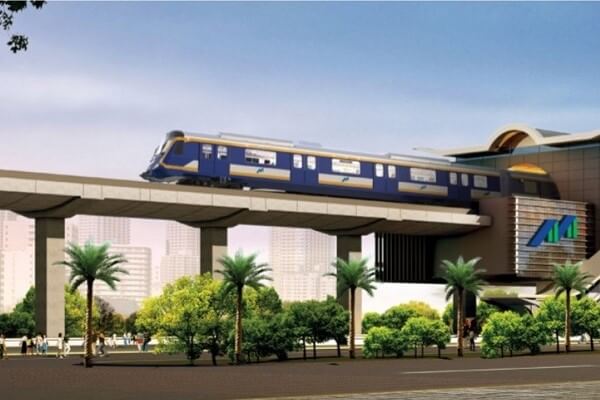 MMRDA floated tender to appoint General Consultants for Mumbai Metro Line 5
MMRDA floated tender to appoint General Consultants for Mumbai Metro Line 5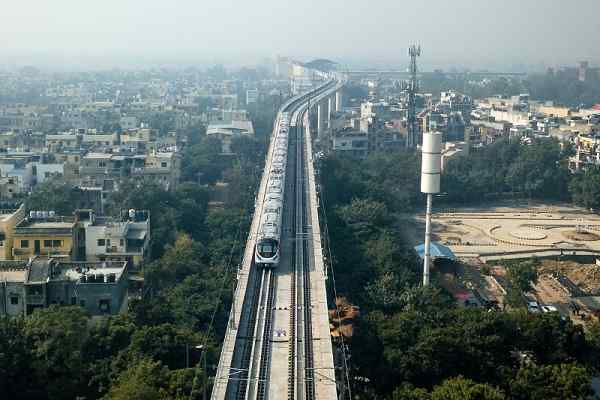 RailTel signs MoU with South African Firms to expand Railway Technology Business
RailTel signs MoU with South African Firms to expand Railway Technology Business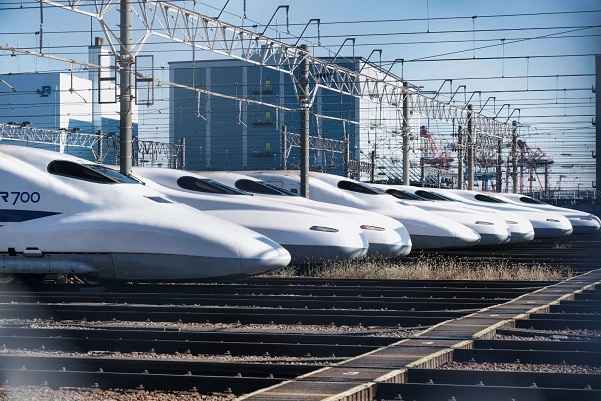 Latest updates on Sabarmati Rolling Stock Depot of Mumbai-Ahmedabad Bullet Train Project
Latest updates on Sabarmati Rolling Stock Depot of Mumbai-Ahmedabad Bullet Train Project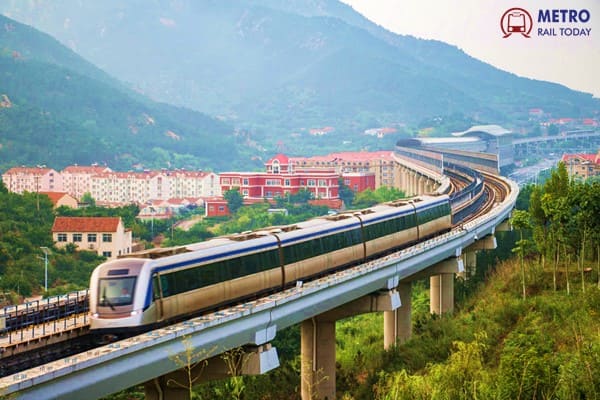 Route survey commences for ₹6,225 crore Bhubaneswar Metro Rail Project
Route survey commences for ₹6,225 crore Bhubaneswar Metro Rail Project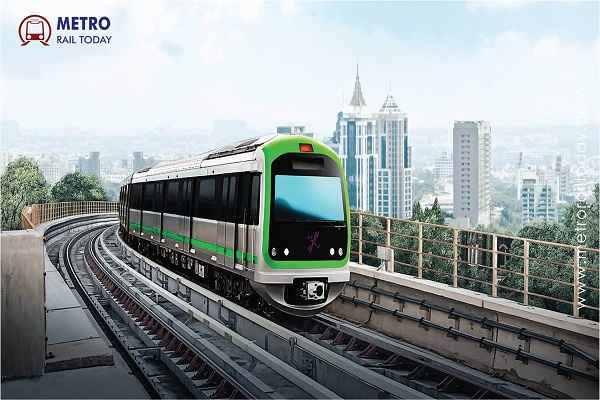 Eight firms bid for feasibility study of Bengaluru's Madavara-Tumakuru Metro Corridor
Eight firms bid for feasibility study of Bengaluru's Madavara-Tumakuru Metro Corridor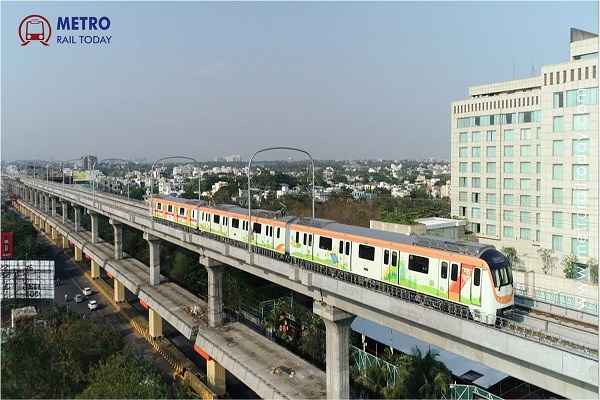 Two firms bid for Track Work Contract of Nagpur Metro Phase 2
Two firms bid for Track Work Contract of Nagpur Metro Phase 2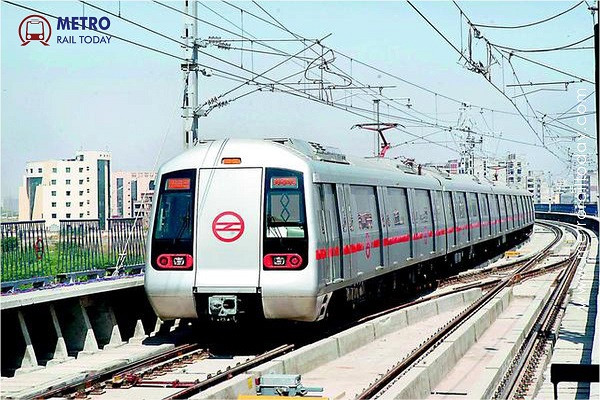 Derailing Integrity: Corruption Claims Hit Delhi Metro's Top Management
Derailing Integrity: Corruption Claims Hit Delhi Metro's Top Management
Two other lines of Delhi Metro Phase 4 Project get approval from Central Government
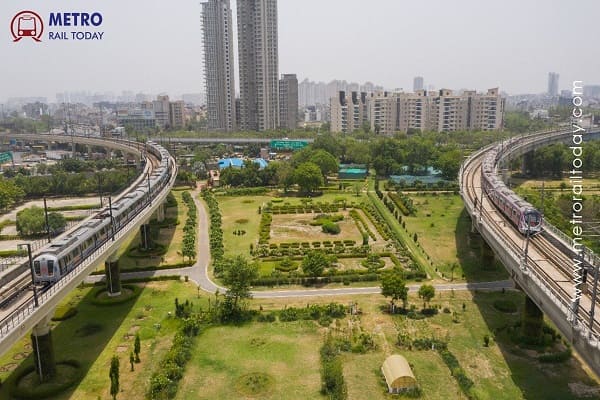
New Delhi, India (Metro Rail Today): In a significant development for Delhi's transportation infrastructure, the Central Government has given the approval to two key corridors as part of the Delhi Metro Phase IV project. The approval, spearheaded by Prime Minister Narendra Modi and endorsed by the Union Cabinet, underscores the government's commitment to enhancing metro connectivity in the national capital.
The approved corridors, Inderlok - Indraprastha and Lajpat Nagar - Saket G Block, are poised to add crucial extensions to Delhi's existing metro network. With a combined length of 20.762 kilometers, these corridors are expected to address the burgeoning demand for efficient public transportation in Delhi.
The total project cost for these corridors amounts to ₹8,399 crore, with funding slated to come from various sources including the Government of India, the Government of Delhi, and international funding agencies. This investment reflects the importance of bolstering transportation infrastructure to support the growing population and economic activities in Delhi.
The Inderlok - Indraprastha corridor, spanning 12.377 kilometers, will serve as an extension of the Green Line. This extension is particularly noteworthy as it will offer commuters seamless interchange options with multiple metro lines, including the Red, Yellow, Airport Line, Magenta, Violet, and Blue Lines.
Meanwhile, the Lajpat Nagar - Saket G Block corridor, covering 8.385 kilometers, is set to provide elevated connectivity across key areas of Delhi. With eight stations planned along its route, this corridor will facilitate smoother travel for residents and commuters, further bolstering the efficiency of Delhi's metro system.
Line 11: Inderlok – Indraprastha
- Length: 12.58 km
- Type: Underground
- Number of Stations: 10
- Station Names: Inderlok, Dayabasti, Sarai Rohilla, Ahmal Khan Park, Nabi Karim, New Delhi Railway Station, LNJP Hospital, Delhi Gate, IG Stadium and Indraprastha.
Line 12: Lajpat Nagar – Saket G-Block
- Length: 7.96 km
- Type: Elevated & Underground
- Number of Stations: 6
- Stations: Saket-G Block, Pushp Vihar, Saket District Court, Sheikh Sarai, GK1, Andrews Ganj and Lajpat Nagar
These corridors are not only aimed at improving intra-city connectivity but also enhancing accessibility to neighboring regions. The Inderlok - Indraprastha Line, for instance, is expected to provide enhanced connectivity to the Bahadurgarh region of Haryana, opening up new opportunities for residents and businesses alike.
In addition to expanding the metro network, the approval of these corridors underscores the government's commitment to promoting sustainable and eco-friendly modes of transportation. By encouraging more people to use public transport, Delhi Metro Phase-IV aims to alleviate traffic congestion, reduce air pollution, and contribute to a cleaner, greener Delhi.
The construction of these corridors is part of Delhi Metro's ambitious Phase-IV expansion plan, which aims to add 65 kilometers to the existing metro network. With construction expected to be completed in stages by March 2026, Delhi Metro Phase-IV is poised to reinforce its position as one of the fastest-growing metro networks in the world.
The Delhi Metro Rail Corporation Limited (DMRC) has wasted no time in kickstarting pre-bid activities and tender preparations for the construction of these corridors. With detailed project reports approved and designs finalized, the focus now shifts to executing these projects efficiently and within the stipulated timelines.
The approval of the Inderlok - Indraprastha and Lajpat Nagar - Saket G Block corridors represents a significant milestone in Delhi's metro expansion journey. By enhancing connectivity, promoting sustainable transportation, and catering to the evolving needs of commuters, these corridors are poised to reshape Delhi's transportation landscape for the better.
For more details, please check out Delhi Metro page of Metro Rail Today.




